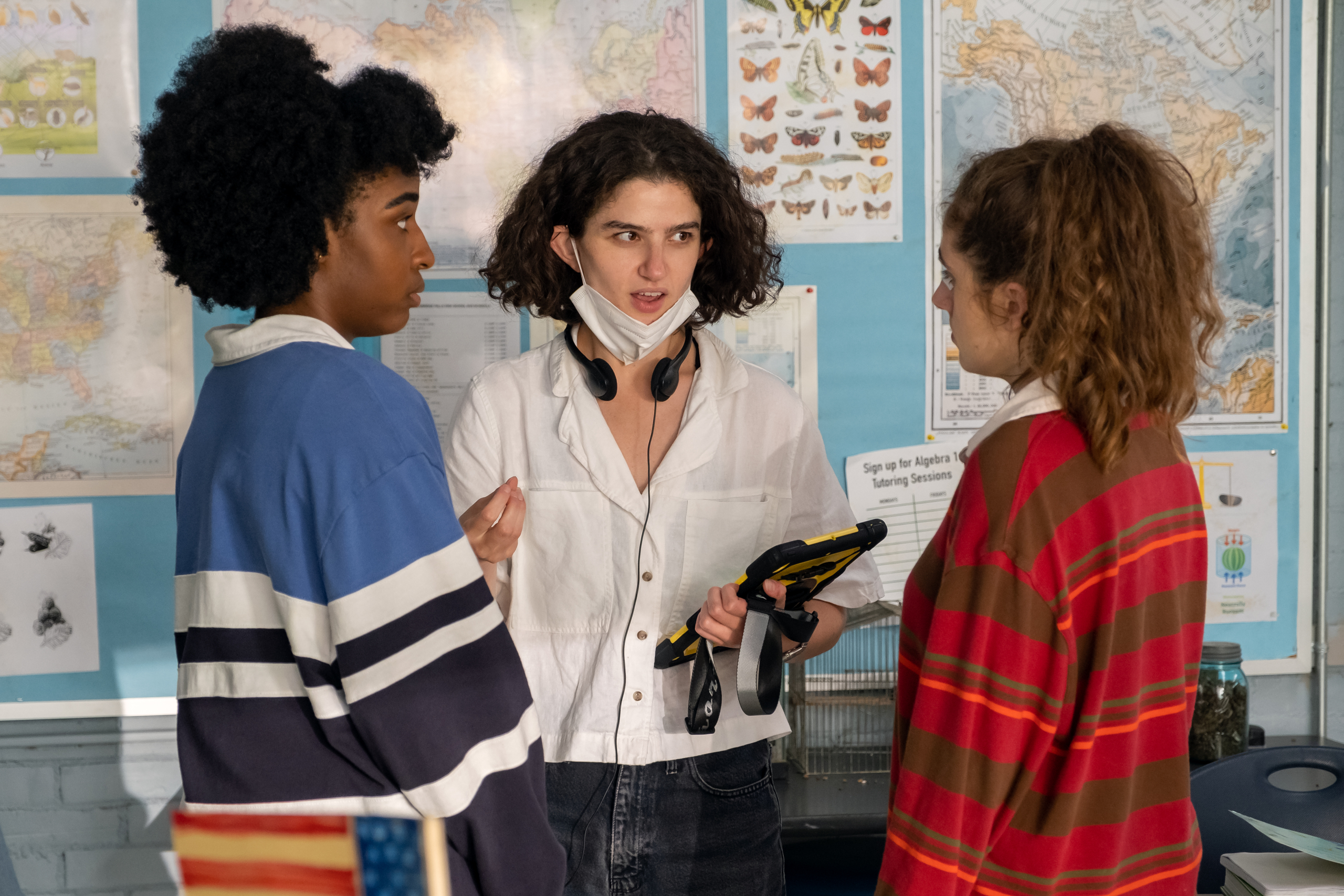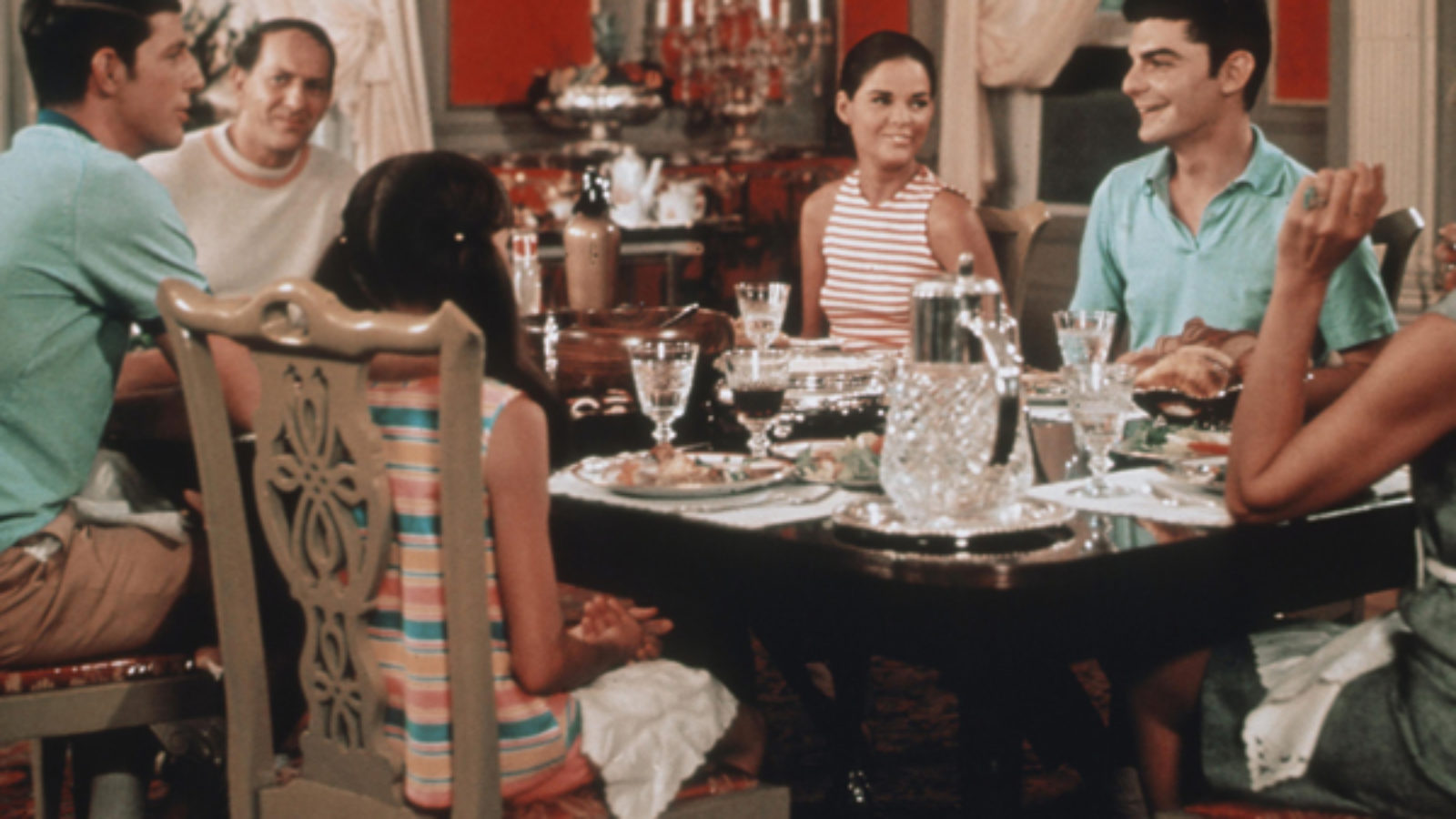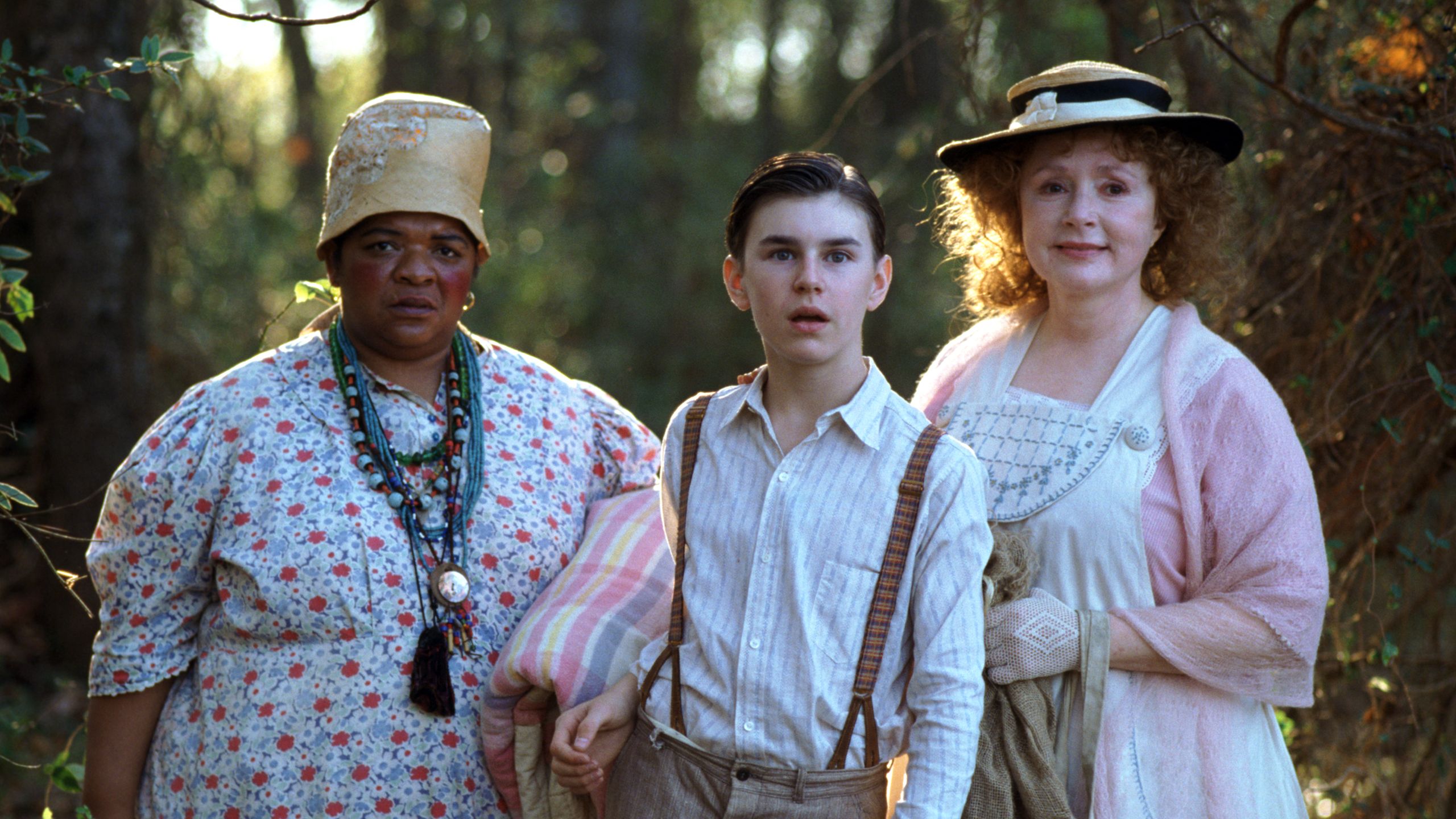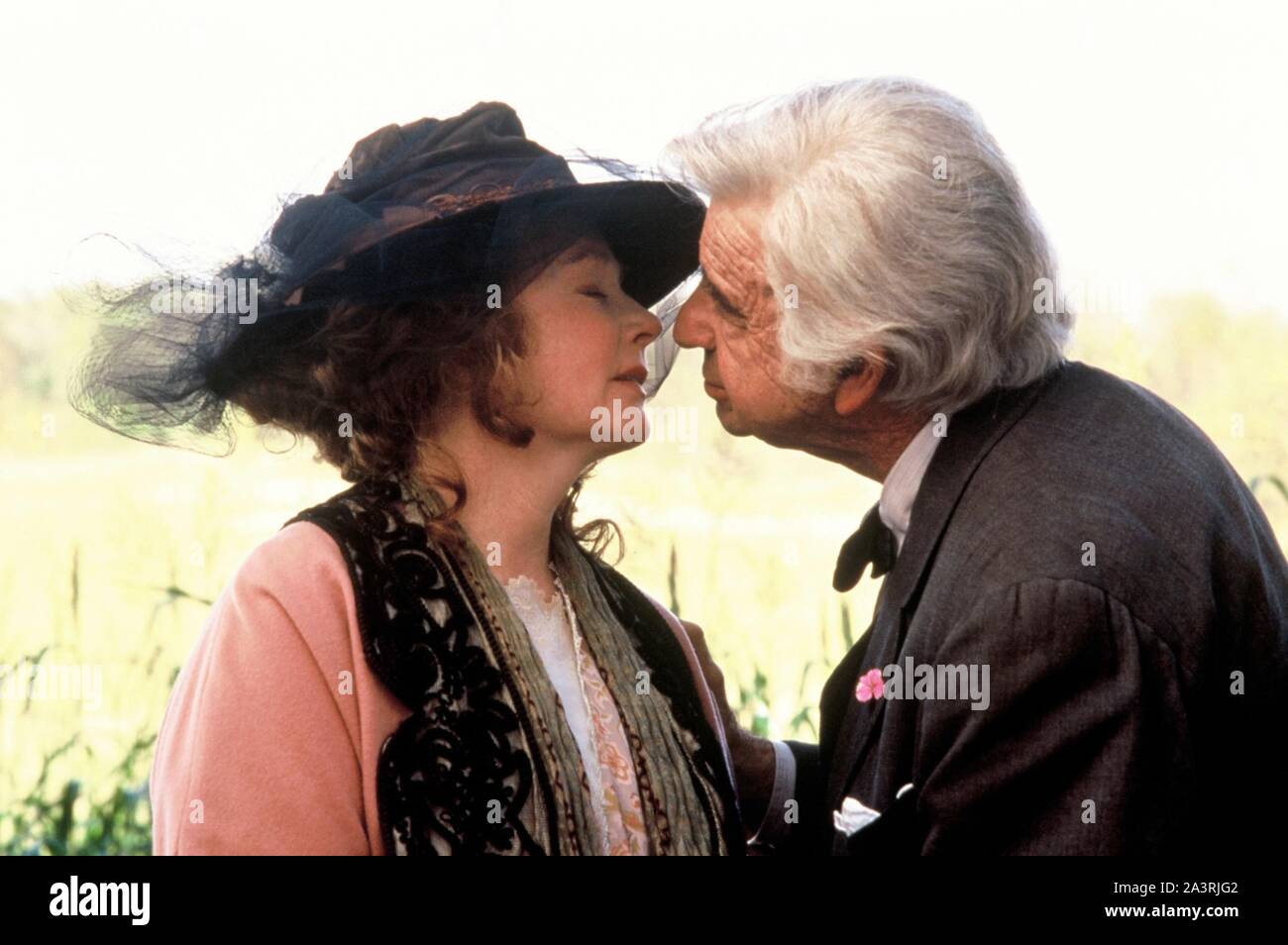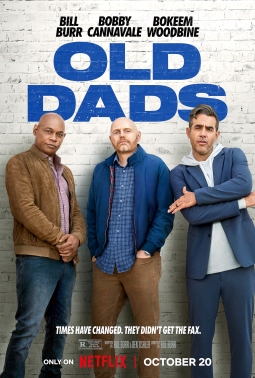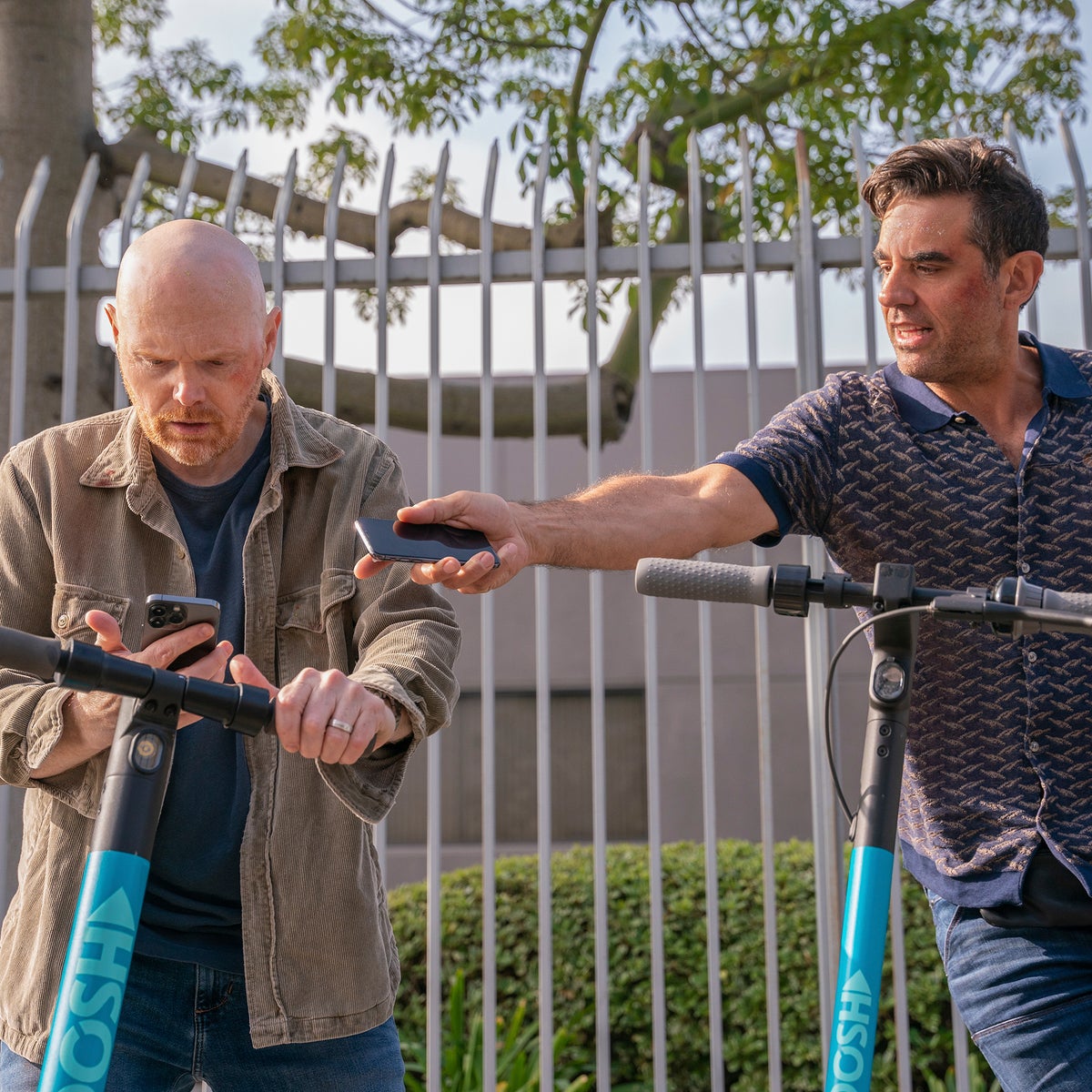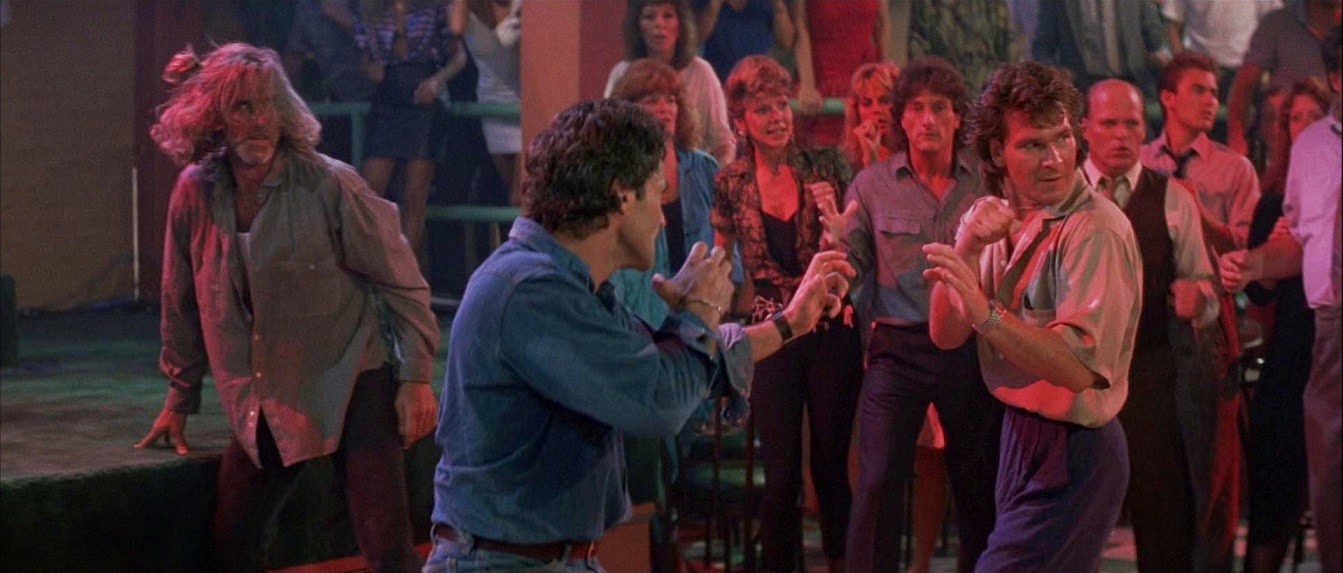The Long Walk Home
Remember back in the 50's when Rosa Parks was arrested because she refused to move from the front of the bus to the back? Well, the ramifications of that event are dramatized in an emotionally manipulative drama from 1990 called The Long Walk Home that can stir strong emotions if caught in the right mood and is beautifully anchored by the performances of two Oscar winning actresses.

It's 1955 in Montgomery, Alabama and word has spread about Mrs. Parks' arrest and in protest, the black citizens of Montgomery organize a boycott where they refuse to ride the bus anymore. Miriam Thompson (Sissy Spacek) is an affluent housewife and mother who initially dismisses the boycott as something that will blow over in a few days. Of course, it doesn't and it starts affecting Mrs. Thompson's ability to run her household because she is so dependent on her black maid, Odessa (Whoopi Goldberg). Unfortunately, Odessa lives quite a distance rom her employer and walking to work is doing serious damage to her feet, so Miriam makes the fateful decision to pick up Odessa and bring her to work herself two days a week.
 As a black man, I felt shame as this story unfolded before me, because I knew about Rosa Parks, but this movie was where I first learned about this boycott. The events here were news to me just as the events of the 2016 film Hidden Figures John Cork's emotionally charged screenplay is unapologetic in its presentation of the racial climate in 1955 Montgomery. LOVED the way the very first scene in the movie beautifully sets up what about to happen without dialogue. We see three black women in maid unforms get on a bus to pay their fare then get off the bus and go to the rear entrance of the bus because they aren't allowed to enter the front of the bus. Cork's unabashed use of the "N" word also was a bit unsettling. I don't think Quentin Tarantino used the word this much in any of his screenplays.
As a black man, I felt shame as this story unfolded before me, because I knew about Rosa Parks, but this movie was where I first learned about this boycott. The events here were news to me just as the events of the 2016 film Hidden Figures John Cork's emotionally charged screenplay is unapologetic in its presentation of the racial climate in 1955 Montgomery. LOVED the way the very first scene in the movie beautifully sets up what about to happen without dialogue. We see three black women in maid unforms get on a bus to pay their fare then get off the bus and go to the rear entrance of the bus because they aren't allowed to enter the front of the bus. Cork's unabashed use of the "N" word also was a bit unsettling. I don't think Quentin Tarantino used the word this much in any of his screenplays.

This movie aroused a lot of anger in this reviewer but it didn't come from where I expected. I was not bothered by the bigoted whites initiating all of the racial tension in this film as I was b y this Miriam Thompson woman. This was a good woman with a good heart and not a bigoted bone in her body but she spends the majority of the running time with her head buried in the sand, in denial of the seriousness of what was going and refusing to take a real stand one way or the other, which was infuriating. The scene at the beginning of the final act where she executes an obviously well-rehearsed speech to her husband about how she was going to do what she felt was right and almost lost her husband in the process, made me want to cheer, but it was too little too late.
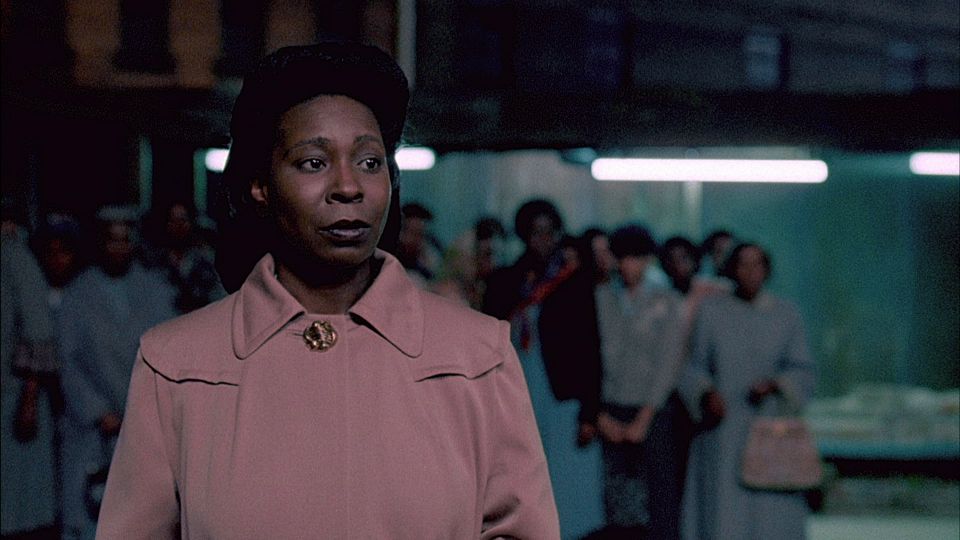
Sissy Spacek is Oscar-worthy, in one of her richest performances, full of warmth and intelligence and Whoopi Goldberg's beautifully internalized Odessa matched her perfectly. Dwight Schulze was surprisingly effective as Miriam's bigoted husband and Dylan Baker does another of his patented greasy turns as Miriam's brother-in-law. I almost didn't recognize Ving Rhames as Odessa's husband because he had a full head of hair and that was Mary Steenburgen narrating. George Fenton's music was another big plus in this riveting drama that I took way too long to watch.
Remember back in the 50's when Rosa Parks was arrested because she refused to move from the front of the bus to the back? Well, the ramifications of that event are dramatized in an emotionally manipulative drama from 1990 called The Long Walk Home that can stir strong emotions if caught in the right mood and is beautifully anchored by the performances of two Oscar winning actresses.

It's 1955 in Montgomery, Alabama and word has spread about Mrs. Parks' arrest and in protest, the black citizens of Montgomery organize a boycott where they refuse to ride the bus anymore. Miriam Thompson (Sissy Spacek) is an affluent housewife and mother who initially dismisses the boycott as something that will blow over in a few days. Of course, it doesn't and it starts affecting Mrs. Thompson's ability to run her household because she is so dependent on her black maid, Odessa (Whoopi Goldberg). Unfortunately, Odessa lives quite a distance rom her employer and walking to work is doing serious damage to her feet, so Miriam makes the fateful decision to pick up Odessa and bring her to work herself two days a week.


This movie aroused a lot of anger in this reviewer but it didn't come from where I expected. I was not bothered by the bigoted whites initiating all of the racial tension in this film as I was b y this Miriam Thompson woman. This was a good woman with a good heart and not a bigoted bone in her body but she spends the majority of the running time with her head buried in the sand, in denial of the seriousness of what was going and refusing to take a real stand one way or the other, which was infuriating. The scene at the beginning of the final act where she executes an obviously well-rehearsed speech to her husband about how she was going to do what she felt was right and almost lost her husband in the process, made me want to cheer, but it was too little too late.

Sissy Spacek is Oscar-worthy, in one of her richest performances, full of warmth and intelligence and Whoopi Goldberg's beautifully internalized Odessa matched her perfectly. Dwight Schulze was surprisingly effective as Miriam's bigoted husband and Dylan Baker does another of his patented greasy turns as Miriam's brother-in-law. I almost didn't recognize Ving Rhames as Odessa's husband because he had a full head of hair and that was Mary Steenburgen narrating. George Fenton's music was another big plus in this riveting drama that I took way too long to watch.
Last edited by Gideon58; 09-17-24 at 01:27 PM.



